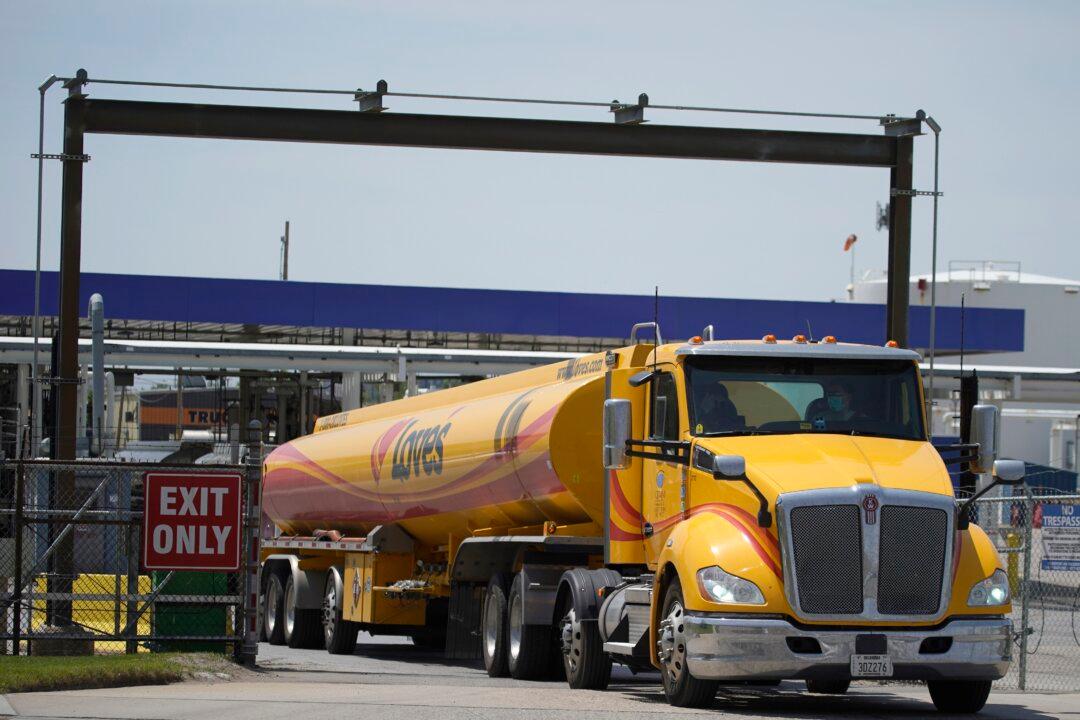The Owner-Operator Independent Drivers Association (OOIDA) has warned federal regulators that disruptions affecting drug and alcohol testing pose significant challenges for truck drivers, leaving many of them unable to legally drive.
In a letter (pdf) sent to the Federal Motor Carrier Safety Administration on Oct. 13, OOIDA President and CEO Todd Spencer said that disruptions affecting FMCSA’s testing system are causing “significant challenges and frustration” for truck drivers.




